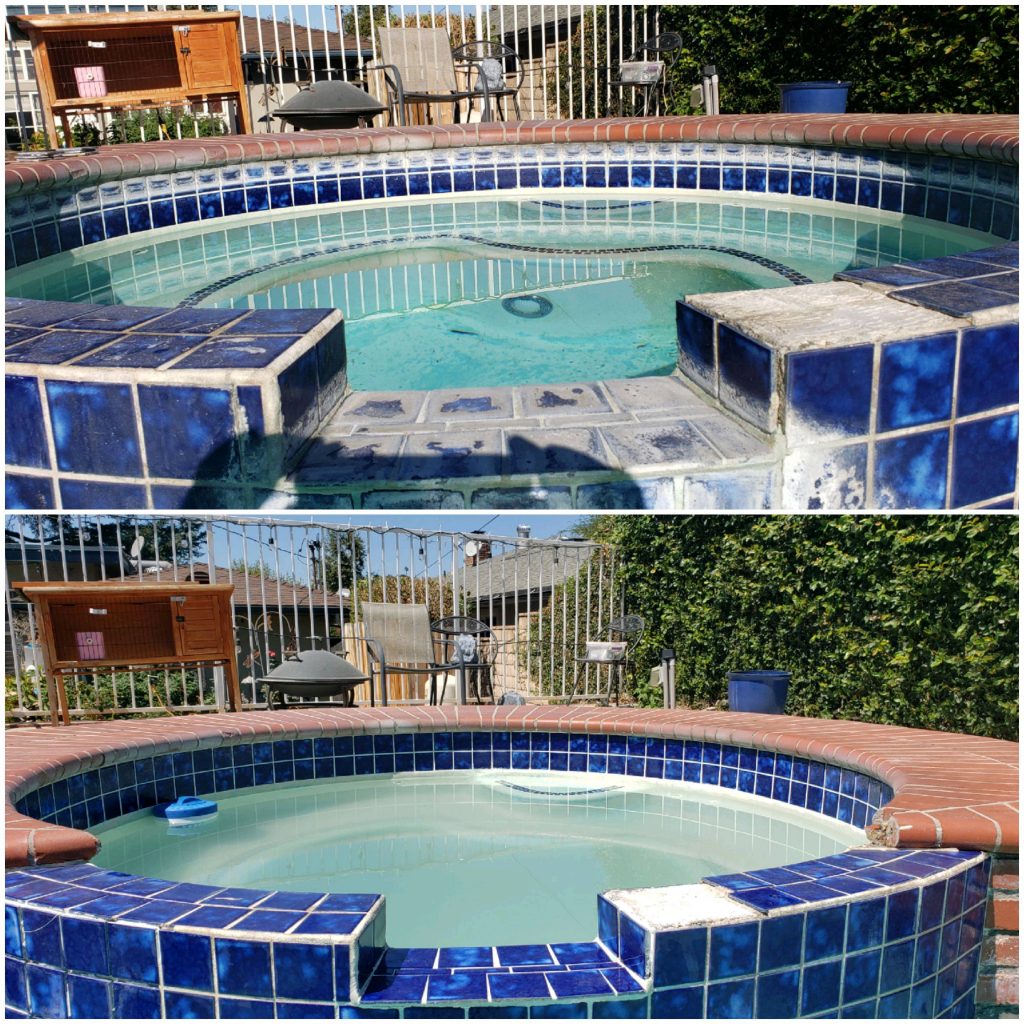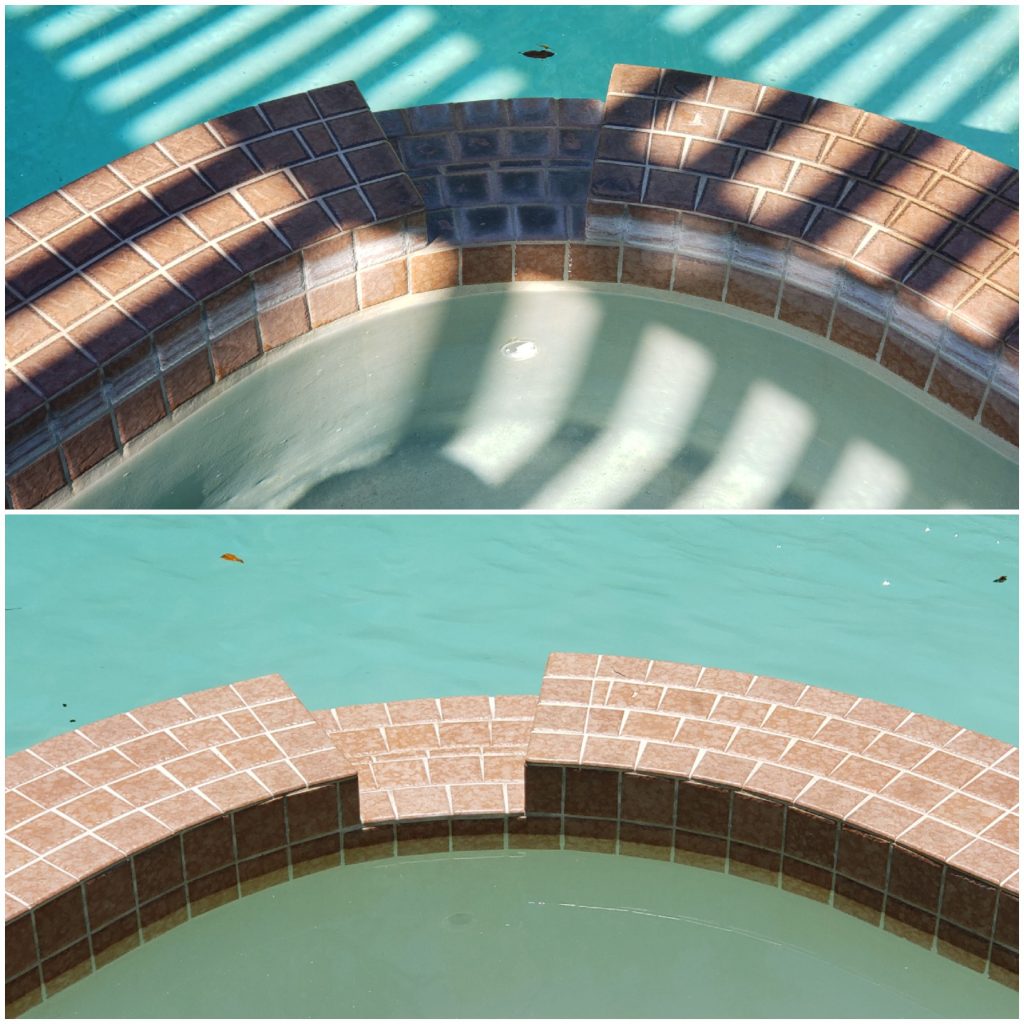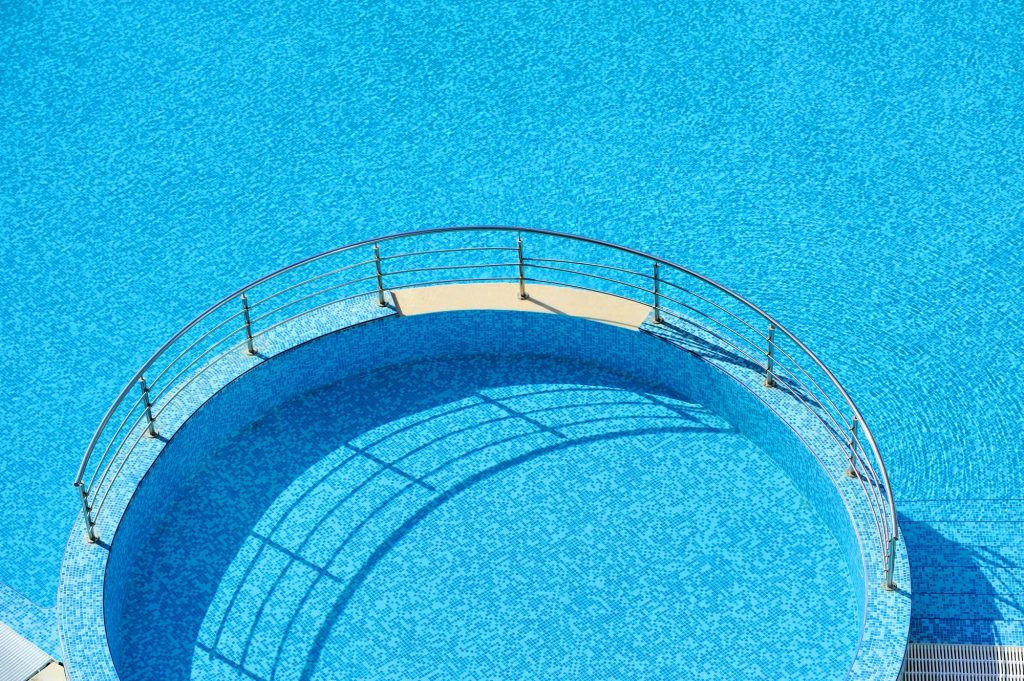Owning a pool is a delightful experience, but it comes with its fair share of challenges. Calcium deposits, algae growth, and rust stains are common issues that can dampen your pool enjoyment. But fret not, because we’re here to address all your burning questions and equip you with the knowledge to conquer these pesky pool problems. Get ready to dive into a comprehensive Q&A session on calcium, algae, and rust stains in pools!
1. What Causes Calcium Deposits in Pools?
Calcium deposits, also known as scaling, are caused by high levels of calcium hardness in the pool water. When the water becomes oversaturated with calcium, it crystallizes and forms stubborn white deposits on pool surfaces, equipment, and tiles.

2. How Can I Remove Calcium Deposits from My Pool?
To tackle calcium deposits, you can try using specialized pool cleaning products or natural remedies. A vinegar solution can help dissolve the deposits effectively. However, for more challenging cases, consider seeking professional pool cleaning services. Experts have the know-how and equipment to handle tough calcium buildup efficiently.
3. What Causes Algae Growth in Pools?
Algae thrive in warm and poorly sanitized water. It can enter your pool through rainwater, wind, or contaminated pool equipment. Poor water circulation and inadequate chlorine levels can also contribute to algae growth, turning your pool water green and unsightly.
4. How Can I Prevent Algae Growth in My Pool?
Preventing algae growth requires consistent maintenance and proper water chemistry. Regularly test and adjust the chlorine and pH levels to keep the water balanced and sanitized. Ensuring good water circulation, clean pool filters, and periodic shocking are vital steps to keep algae at bay.
5. What Causes Rust Stains in Pools?
Rust stains in pools are often caused by metal components, such as ladders, railings, or screws, that corrode over time. High iron content in irrigation water or runoff from fertilizers and yard debris containing iron can also contribute to rust stains.
6. How Can I Remove Rust Stains from My Pool?
To tackle rust stains, you have several options. Ascorbic acid treatments can be effective in dissolving rust stains. Specialized stain removers designed for pool use can also work wonders. For eco-friendly alternatives, you can try natural remedies like lemon juice or white vinegar. However, for more stubborn rust stains, seeking help from professional pool cleaners with experience in handling rust issues is recommended.

Why Choose Calcium Killer for Pool Cleaning in California?
When it comes to pool cleaning in California, Calcium Killer stands out as the premier choice. Their professional pool cleaners are equipped with the expertise and customized solutions to address the specific needs of your pool. With their experience in tackling hard water challenges, calcium deposits, algae growth, and rust stains are no match for their skills. Trust Calcium Killer to keep your pool in top condition, providing a safe and enjoyable swimming experience for you and your guests.
Ready to say goodbye to calcium, algae, and rust stains in your pool? Embrace the joy of a pristine and inviting swimming pool with the help of Calcium Killer. Visit our website at Calcium Killer to discover how our pool cleaning services can transform your pool into a crystal-clear oasis. Don’t let pool woes get in the way of your enjoyment dive into a hassle-free pool ownership experience with Calcium Killer today!
